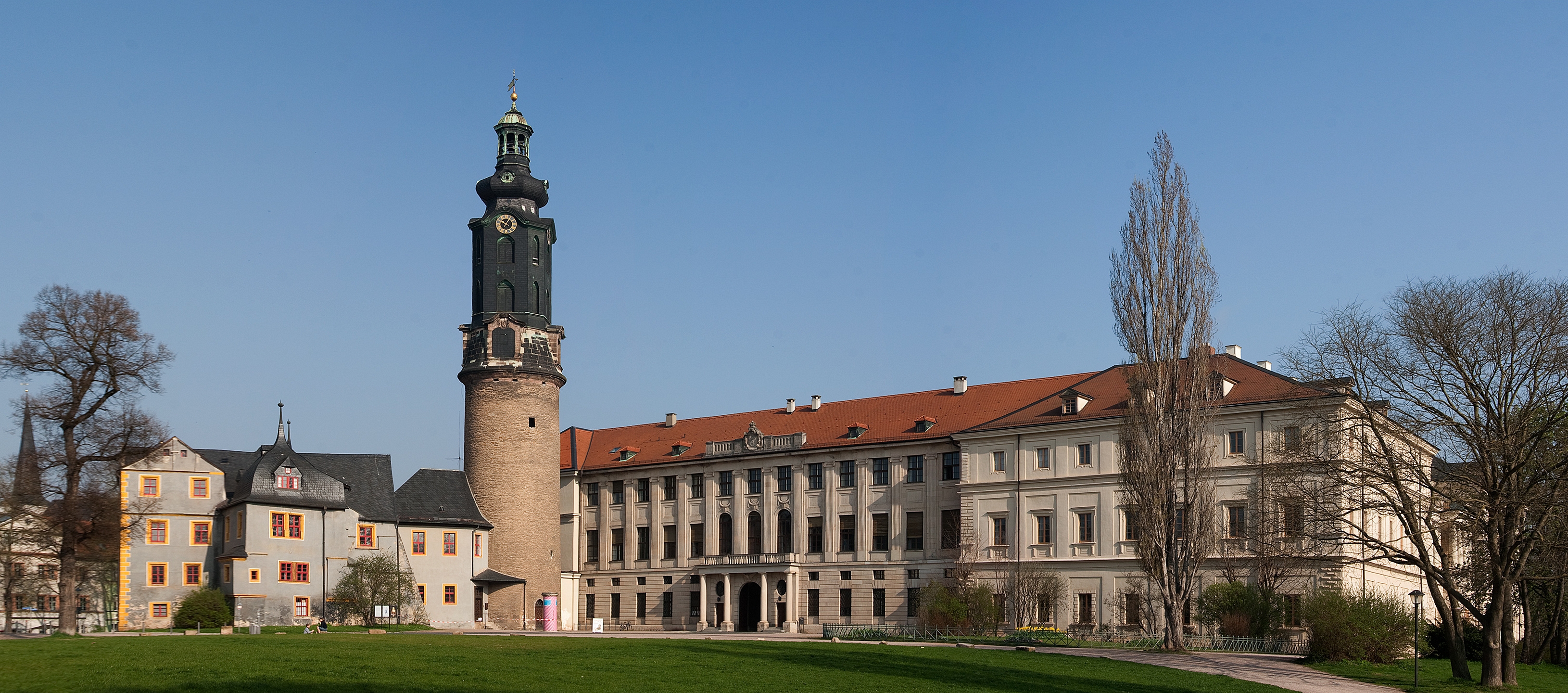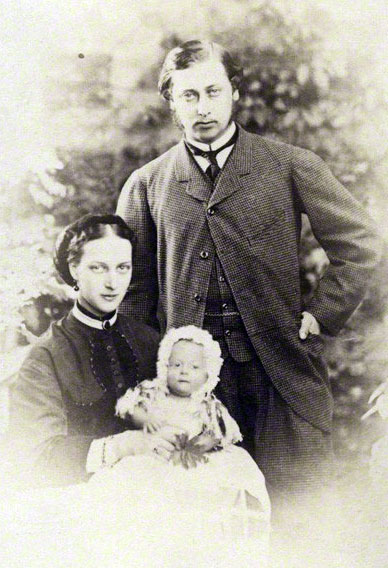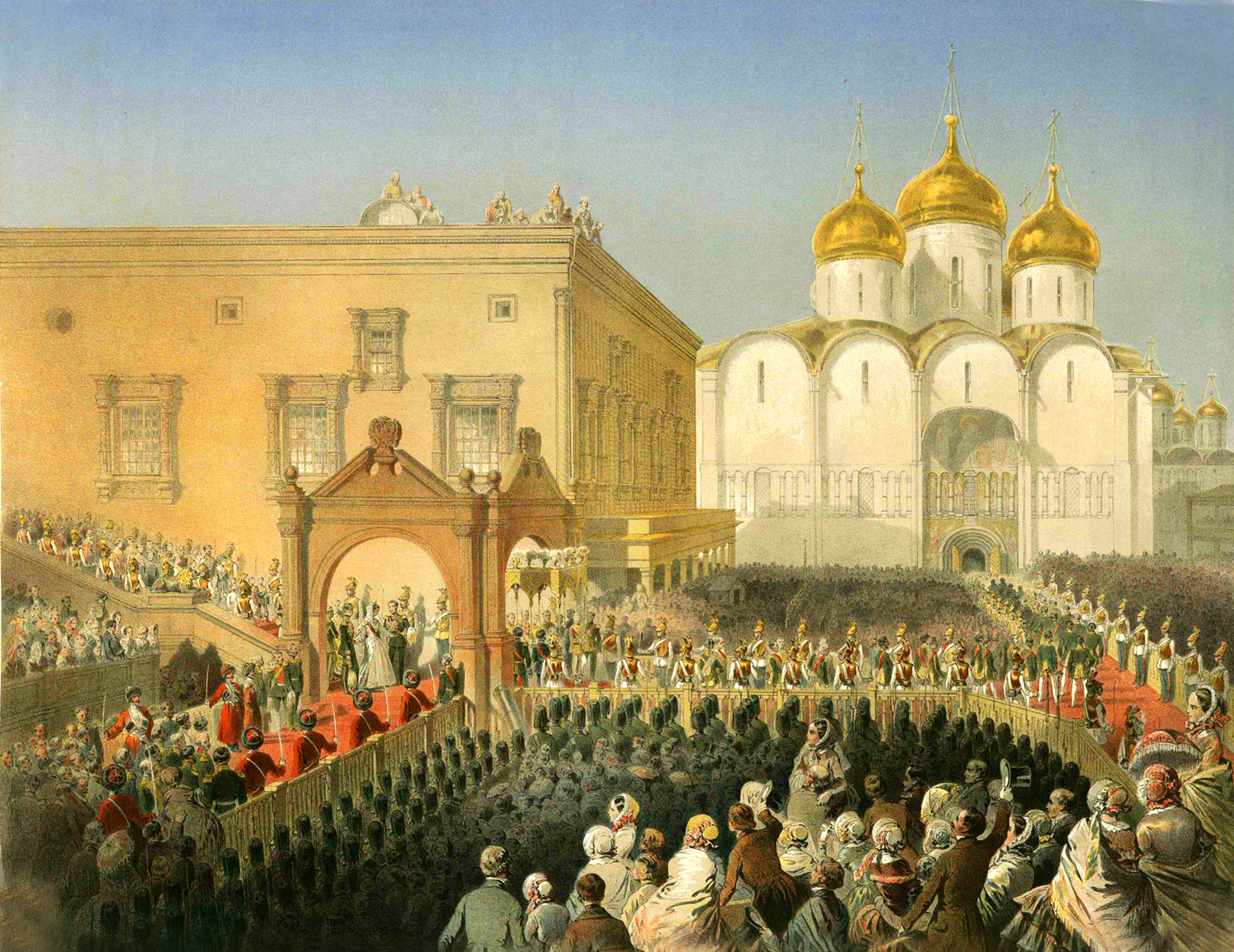|
House Order Of Vigilance Or The White Falcon
Order of the White Falcon () is a grand-ducal order of the Grand Duchy of Saxe-Weimar-Eisenach, founded by Duke Ernest Augustus on 2 August 1732, and renewed in 1815 by Charles Augustus. Description In the early 20th century it had four classes and a silver cross, added in 1878. The decoration, a green star of eight points, with red stars between the arms, bears a white falcon, and the motto, ''Vigilando Ascendimus'' (Through vigilance we ascend), on a blue ground. * Abdul Hamid II * Prince Adalbert of Prussia (1811–1873) * Prince Adalbert of Prussia (1884–1948) * Prince Adolf of Schaumburg-Lippe * Duke Adolf Friedrich of Mecklenburg * Adolphe, Grand Duke of Luxembourg * Prince Albert of Prussia (1809–1872) * Prince Albert of Saxe-Altenburg * Albert of Saxony * Prince Albert of Saxony (1875–1900) * Archduke Albrecht, Duke of Teschen * Prince Albert Victor, Duke of Clarence and Avondale * Albert, Prince Consort * Prince Albert of Prussia (1837–1906) * Albert, Prin ... [...More Info...] [...Related Items...] OR: [Wikipedia] [Google] [Baidu] |
Saxe-Weimar
Saxe-Weimar () was one of the Saxon duchies held by the Ernestine branch of the Wettin dynasty in present-day Thuringia. The chief town and capital was Weimar. The Weimar branch was the most genealogically senior extant branch of the House of Wettin. History Division of Leipzig In the late 15th century much of what is now Thuringia, including the area around Weimar, was held by the Wettin Electors of Saxony. According to the 1485 Treaty of Leipzig, the Wettin lands had been divided between Elector Ernest of Saxony and his younger brother Albert III, with the western lands in Thuringia together with the electoral dignity going to the Ernestine branch of the family. Ernest's grandson Elector John Frederick I of Saxony forfeited the electoral dignity in the 1547 Capitulation of Wittenberg, after he had joined the revolt of the Lutheran Schmalkaldic League against the Habsburg emperor Charles V, was defeated, captured and banned. Nevertheless, according to the 1552 Pe ... [...More Info...] [...Related Items...] OR: [Wikipedia] [Google] [Baidu] |
Prince Albert Victor, Duke Of Clarence And Avondale
Prince Albert Victor, Duke of Clarence and Avondale (Albert Victor Christian Edward; 8 January 1864 – 14 January 1892) was the eldest child of the Prince and Princess of Wales (later King Edward VII and Queen Alexandra). From the time of his birth, he was second in the line of succession to the British throne, but did not become king or Prince of Wales because he died before both his father and paternal grandmother Queen Victoria. Albert Victor was known to his family, and many later biographers, as "Eddy". When he was young, he travelled the world extensively as a Royal Navy cadet, and as an adult, he joined the British Army, but did not undertake any active military duties. After two unsuccessful courtships, he became engaged to be married to his second cousin once removed Princess Victoria Mary of Teck in late 1891. A few weeks later, he died during a major pandemic. Mary later married his younger brother, the future King George V. Albert Victor's intellect, sexuality, a ... [...More Info...] [...Related Items...] OR: [Wikipedia] [Google] [Baidu] |
Alfred, Duke Of Saxe-Coburg And Gotha
Alfred (Alfred Ernest Albert; 6 August 184430 July 1900) was sovereign Duke of Saxe-Coburg and Gotha from 22 August 1893 until his death in 1900. He was the second son and fourth child of Queen Victoria and Prince Albert. He was known as the Duke of Edinburgh from 1866 until he succeeded his paternal uncle Ernest II as the reigning Duke of Saxe-Coburg and Gotha in the German Empire. Early life Prince Alfred was born on 6 August 1844 at Windsor Castle to the reigning British monarch, Queen Victoria, and her husband, Prince Albert, the second son of Ernest I, Duke of Saxe-Coburg and Gotha. Nicknamed Affie, he was second in the line of succession to the British throne behind his elder brother, Albert Edward, Prince of Wales. Alfred was baptised by the Archbishop of Canterbury, William Howley, at the Private Chapel in Windsor Castle on 6 September 1844. His godparents were his mother's first cousin, Prince George of Cambridge (represented by his father, the Duke of Cambridge); ... [...More Info...] [...Related Items...] OR: [Wikipedia] [Google] [Baidu] |
Alexis, Landgrave Of Hesse-Philippsthal-Barchfeld
''Alexis'' William Ernest Philip of Hesse-Philippsthal-Barchfeld (; 13 September 1829 in Burgsteinfurt – 16 August 1905 in Herleshausen) was the last ruling Landgrave of Hesse-Philippsthal-Barchfeld. Life Alexis was a son of the Landgrave Charles of Hesse-Philippsthal-Barchfeld (1784-1854) from his second marriage to Sophie (1794-1873), the daughter of Louis William Geldricus Ernest, Prince of Bentheim and Steinfurt. He succeeded his father in 1854 as Landgrave of Hesse-Philippsthal-Barchfeld. Alexis was a Prussian General of the Cavalry à la suite. From 1866, he was a member of the Prussian House of Lords and a Knight of the Prussian Order of the Black Eagle. Prussia annexed the Electorate of Hesse, including Hesse-Philippsthal-Barchfeld, in 1866. From 1880, Alexis and Ernest of Hesse-Philippsthal together received, as heirs of the Landgraves of Philippsthal, a pension of from the Electorate of Hesse Trust Fund. They were also given three castles: the Cit ... [...More Info...] [...Related Items...] OR: [Wikipedia] [Google] [Baidu] |
Grand Duke Alexei Alexandrovich Of Russia
Grand Duke Alexei Alexandrovich of Russia (; in St. Petersburg – 14 November 1908 in Paris) was the fifth child and the fourth son of Alexander II of Russia and his first wife Maria Alexandrovna (Marie of Hesse), Marie of Hesse and by Rhine. Chosen for a naval career, Alexei Alexandrovich started his military training at the age of seven. By the age of 20 he had been appointed lieutenant of the Imperial Russian Navy and had visited all Russia's European military ports. In 1871, he was sent as a goodwill ambassador to the United States and Japan. In 1883 he was appointed General admiral, general-admiral. He had a significant contribution in the equipment of the Russian navy with new ships and in modernizing the naval ports. However, after the Russian defeat in the Battle of Tsushima in 1905, he was relieved of his command. He was viewed at the time as an incompetent and corrupt dilettante. He died in Paris in 1908. Early life The Grand Duke Alexei Alexandrovich of Russia w ... [...More Info...] [...Related Items...] OR: [Wikipedia] [Google] [Baidu] |
Alexander, Prince Of Orange
Alexander, Prince of Orange (Willem ''Alexander'' Karel Hendrik Frederik; 25 August 1851 – 21 June 1884), was heir apparent to his father King William III of the Netherlands from 11 June 1879 until his death. For a span of 116 years, from the birth of Alexander (1851) until the birth of the present king Willem-Alexander (1967), no male heirs were born into the Dutch Royal House. Life Prince Alexander of the Netherlands was born in The Hague on 25 August 1851.Prins Alexander (1851 -1884) . Retrieved on 2008-07-28. He was the third child of and [...More Info...] [...Related Items...] OR: [Wikipedia] [Google] [Baidu] |
Prince Alexander Of Hesse And By Rhine
Prince Alexander of Hesse and by Rhine (Alexander Ludwig Georg Friedrich Emil; 15 July 1823 – 15 December 1888), was the third son and fourth child of Louis II, Grand Duke of Hesse, and Wilhelmine of Baden. He was a brother of Tsarina Maria Alexandrovna, wife of Tsar Alexander II of Russia. The Battenberg- Mountbatten family descends from Alexander and his wife Countess Julia von Hauke, a former lady-in-waiting to his sister. Family and background It was openly rumoured that Alexander and his sister Marie were not the children of the Grand Duke, but that their father was actually August von Senarclens de Grancy, their mother's chamberlain. His mother, although married to the grand duke, lived apart from her husband, who did not repudiate paternity of any of the four children born during the marriage. His ancestry listed below assumes his legitimacy. See Grancy's page for his rumored paternal ancestry. When the future emperor Alexander II of Russia, as tsarevich, ch ... [...More Info...] [...Related Items...] OR: [Wikipedia] [Google] [Baidu] |
Alexander Of Battenberg
Alexander Joseph (; 5 April 1857 – 17 November 1893), known as Alexander of Battenberg, was the first prince (''knyaz'') of the autonomous Principality of Bulgaria from 1879 until his abdication in 1886. The Bulgarian Grand National Assembly elected him as Prince of autonomous Bulgaria in 1879. He dissolved the assembly the following year and suspended the Constitution in 1881, considering it too liberal. He restored the Constitution in 1883, leading to open conflict with Russia that made him popular in Bulgaria. Unification with Eastern Rumelia was achieved and recognised by the powers in 1885. A coup carried out by pro-Russian Bulgarian Army officers forced him to abdicate in September 1886. He later became a general in the Austrian army. Early life Alexander was the second son of Prince Alexander of Hesse and by Rhine by the latter's morganatic marriage with Countess Julia von Hauke. The Countess and her descendants gained the title of Princess of Battenberg (derived ... [...More Info...] [...Related Items...] OR: [Wikipedia] [Google] [Baidu] |
Alexander Frederick, Landgrave Of Hesse
Alexander Frederick, Landgrave of Hesse (, 25 January 1863 – 26 March 1945) was a German prince of the House of Hesse. Biography He was the son of Prince Frederick William of Hesse-Kassel and Princess Anna of Prussia. From 1888 to 1925 he was Head of the electoral line of the House of Hesse, but abdicated his position to his brother Prince Frederick Charles of Hesse, on 16 March 1925. He was born with a visual impairment, and this disability, in addition to his morganatic marriage, played a part in his decision to abdicate. On 25 March 1925, he married Morganatic marriage, morganatically Baroness Gisela :File:COA_Stockhorner.png, Stockhorner von Starheim (17 January 1884 – 22 June 1965), daughter of Otto, Baron :File:COA_Stockhorner_sw.png, Stockhorner von Starheim and Baroness Emilie Susanne ''Hildegard'' von Wolzogen, Wolzogen-Neuhaus.Princess Gisela was (through her maternal grandmother) the great-great-granddaughter of London-based Huguenots, Huguenot financier Franço ... [...More Info...] [...Related Items...] OR: [Wikipedia] [Google] [Baidu] |
Alexander III Of Russia
Alexander III (; 10 March 18451 November 1894) was Emperor of Russia, King of Congress Poland and Grand Duke of Finland from 13 March 1881 until his death in 1894. He was highly reactionary in domestic affairs and reversed some of the liberal reforms of his father, Alexander II, a policy of "counter-reforms" (). Under the influence of Konstantin Pobedonostsev (1827–1907), he acted to maximize his autocratic powers. During his reign, Russia fought no major wars, and he came to be known as The Peacemaker ( ), with the laudatory title of ''Tsar’-Mirotvorets'' enduring into 21st century historiography. His major foreign policy achievement was the Franco-Russian Alliance, a major shift in international relations that eventually embroiled Russia in World War I. His political legacy represented a direct challenge to the European cultural order set forth by German statesman Otto von Bismarck, intermingling Russian influences with the shifting balances of power. Early life ... [...More Info...] [...Related Items...] OR: [Wikipedia] [Google] [Baidu] |
Alexander II Of Russia
Alexander II ( rus, Алекса́ндр II Никола́евич, Aleksándr II Nikoláyevich, p=ɐlʲɪˈksandr ftɐˈroj nʲɪkɐˈlajɪvʲɪtɕ; 29 April 181813 March 1881) was Emperor of Russia, Congress Poland, King of Poland and Grand Duke of Finland from 2 March 1855 until Assassination of Alexander II of Russia, his assassination in 1881. Alexander's most significant reform as emperor was the emancipation reform of 1861, emancipation of Serfdom in Russia, Russia's serfs in 1861, for which he is known as Alexander the Liberator ( rus, Алекса́ндр Освободи́тель, r=Aleksándr Osvobodítel, p=ɐlʲɪˈksandr ɐsvəbɐˈdʲitʲɪlʲ). The tsar was responsible for other Liberalism, liberal reforms, including reorganizing the judicial system, setting up elected local judges, abolishing corporal punishment, promoting local self-government through the ''zemstvo'' system, imposing universal military service, ending some privileges of the nobility, and promot ... [...More Info...] [...Related Items...] OR: [Wikipedia] [Google] [Baidu] |
Alexander I Of Russia
Alexander I (, ; – ), nicknamed "the Blessed", was Emperor of Russia from 1801, the first king of Congress Poland from 1815, and the grand duke of Finland from 1809 to his death in 1825. He ruled Russian Empire, Russia during the chaotic period of the Napoleonic Wars. The eldest son of Emperor Paul I and Sophie Dorothea of Württemberg, Alexander succeeded to the throne after his father was murdered. As prince and during the early years of his reign, he often used liberal rhetoric but continued Russian absolutism, Russia's absolutist policies in practice. In the first years of his reign, he initiated some minor social reforms and (in 1803–04) major liberal educational reforms, such as building more universities. Alexander appointed Mikhail Speransky, the son of a village priest, as one of his closest advisors. The over-centralized Collegium (ministry), Collegium ministries were abolished and replaced by the Committee of Ministers of the Russian Empire, Committee of Ministers ... [...More Info...] [...Related Items...] OR: [Wikipedia] [Google] [Baidu] |




